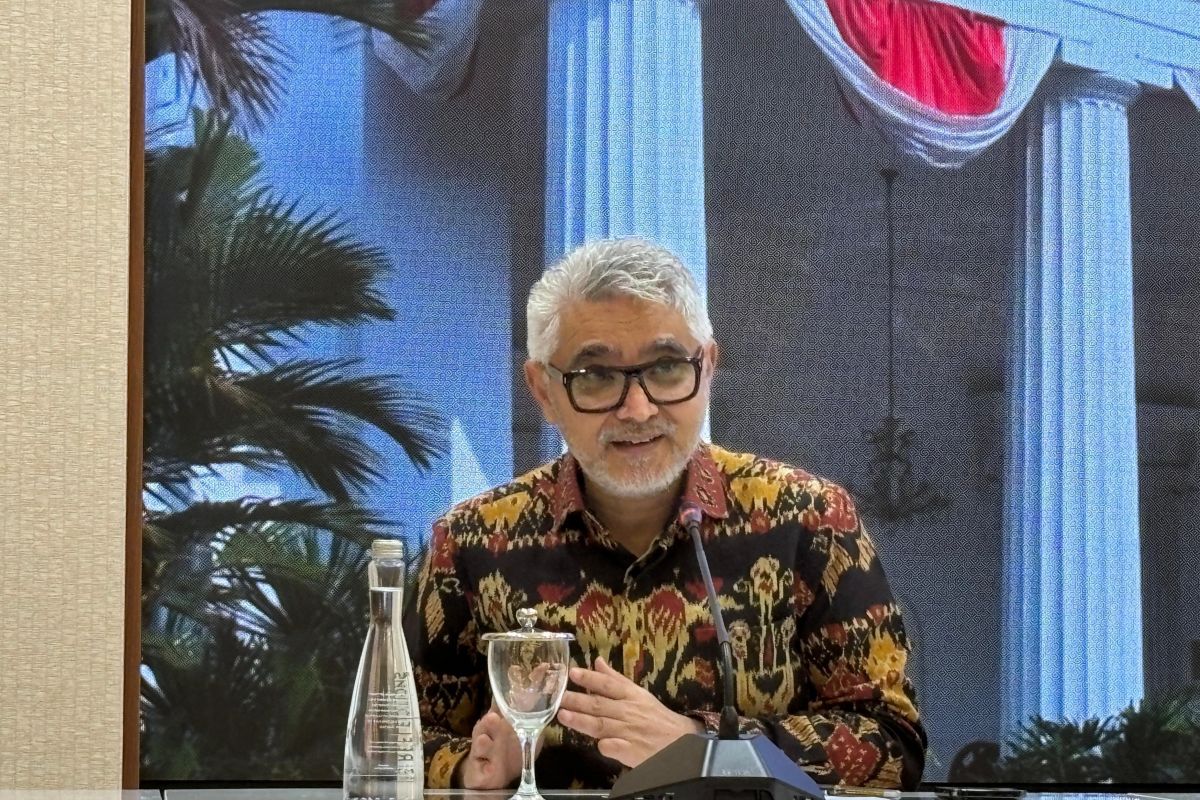"The ICJ's recent decision means that the Palestinian people have the right to self-determination in the territories of the West Bank of River Jordan and the Gaza Strip,"Jakarta (ANTARA) - The recent International Court of Justice (ICJ) advisory opinion on the legal consequences of Israeli actions in the occupied Palestinian territory has refuted Israeli arguments for their occupation, according to the Indonesian Foreign Ministry.
Director General for Asia-Pacific and African Affairs Abdul Kadir Jailani stated that Israel persistently claimed historical rights over the West Bank and the Gaza Strip as justification to control the territory rightly belonging to Palestine.
"Israel always presented a strong legal argument (to justify its actions). The ICJ ruling effectively refuted Israel's arguments," Jailani stated in a press conference here on Monday.
He highlighted the ICJ advisory opinion, with its persuasive character and substantive authority, as important for clarifying the legal situation in Palestine.
Through the advisory opinion, the international court has declared Israel as the occupying power in Gaza and the West Bank, nullifying its justification to control the land and making its presence illegal.
The court also found Israel has committed violations of international laws by annexing the land belonging to the Palestinians through violence and discrimination.
Hence, Israel is now compelled to cease its presence and occupation in the West Bank and the Gaza Strip, Jailani stated.
"The ICJ's recent decision means that the Palestinian people have the right to self-determination in the territories of the West Bank of River Jordan and the Gaza Strip," the director general remarked.
Through its ruling on Friday (July 19), the ICJ concluded that Israel's presence in the occupied Palestinian territory is unlawful and its settlement activities there are a violation of international laws and human rights norms.
According to the verdict read by ICJ President Nawaf Salam, Israel's action constituted a "de facto" annexation of Palestinian territory, which denied the Palestinian people their rights to self-determination.
The court, based in The Hague, held hearings on February 19-26, 2024, on the legal consequences of the Israeli occupation of the Palestinian territory, including East Jerusalem.
During the hearings, representatives from more than 50 countries, as well as from the Arab League, the Organisation of Islamic Cooperation (OIC), and the African Union, delivered statements.
Related news: Israel should end its occupation in Palestine: Foreign Minister
Related news: RI welcomes ICJ's opinion on Israeli policies in occupied Palestine
Translator: Yashinta Difa P, Nabil Ihsan
Editor: Arie Novarina
Copyright © ANTARA 2024












